The proposed system could lead to breakthroughs in currently unsolvable problems.
- By Elizabeth Gibney, Nature on February 2, 2017

The proposed system could lead to breakthroughs in currently unsolvable problems.
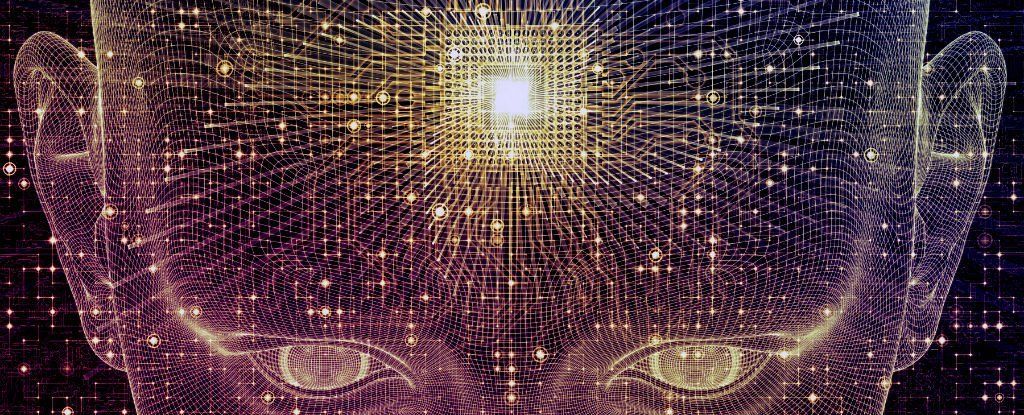
Scientists say it’s possible to build a new type of self-replicating computer that replaces silicon chips with processors made from DNA molecules, and it would be faster than any other form of computer ever proposed — even quantum computers.
Called a nondeterministic universal Turing machine (NUTM), it’s predicted that the technology could execute all possible algorithms at once by taking advantage of DNA’s ability to replicate almost perfect copies of itself over billions of years.
The basic idea is that our current electronic computers are based on a finite number of silicon chips, and we’re fast approaching the limit for how many we can actually fit in our machines.
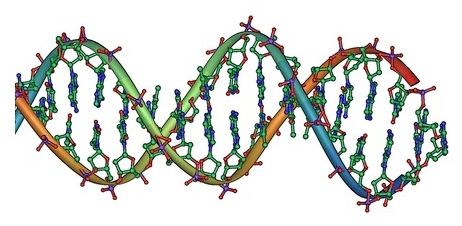
Researchers from The University of Manchester have shown it is possible to build a new super-fast form of computer that “grows as it computes”.
Professor Ross D King and his team have demonstrated for the first time the feasibility of engineering a nondeterministic universal Turing machine (NUTM), and their research is to be published in the prestigious Journal of the Royal Society Interface.
The theoretical properties of such a computing machine, including its exponential boost in speed over electronic and quantum computers, have been well understood for many years – but the Manchester breakthrough demonstrates that it is actually possible to physically create a NUTM using DNA molecules.
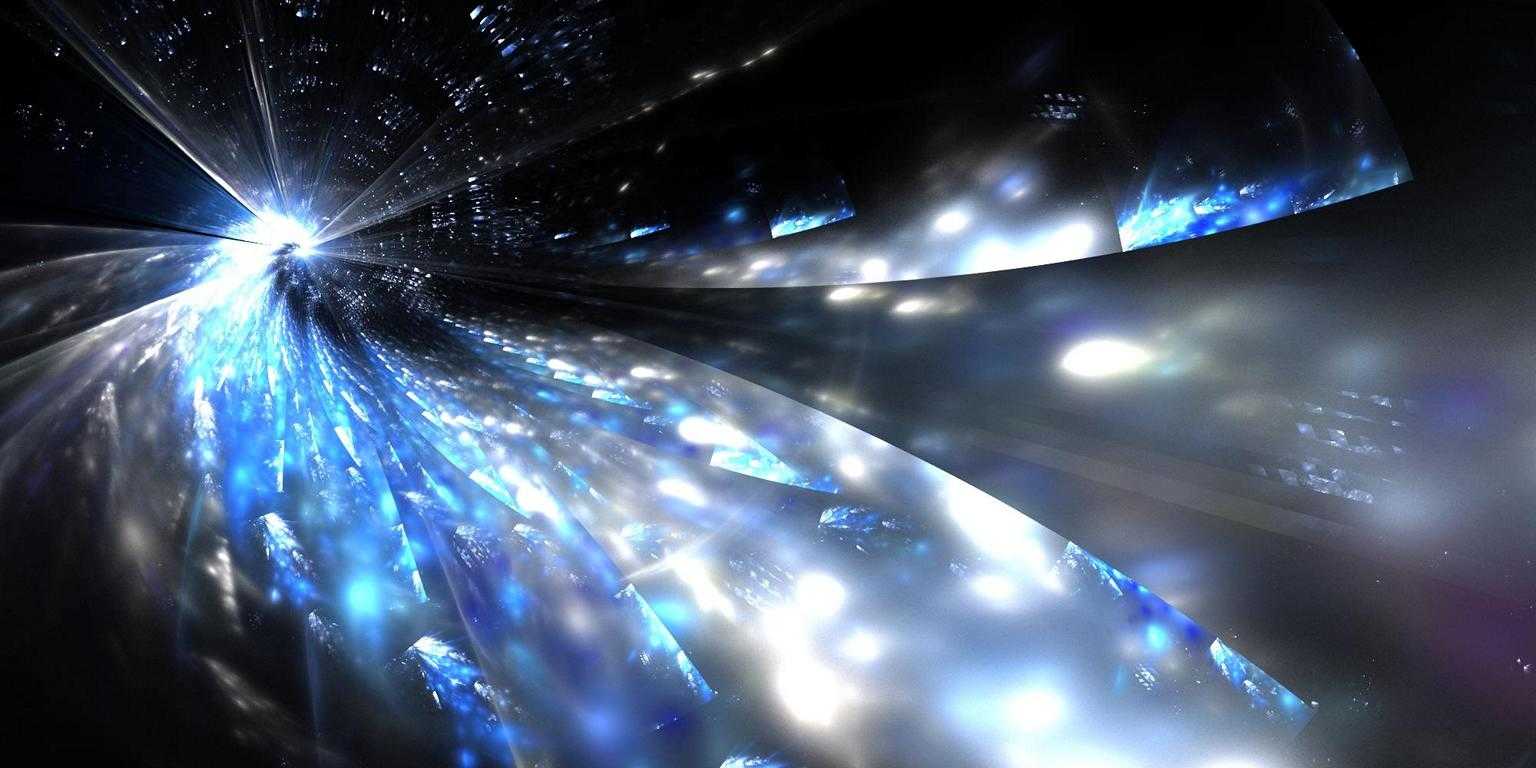
Quantum entanglement is one of the more bizarre theories to come out of the study of quantum mechanics – so strange, in fact, that Albert Einstein famously referred to it as “spooky action at a distance.”
Essentially, entanglement involves two particles, each occupying multiple states at once – a condition referred to as superposition. For example, both particles may simultaneously spin clockwise and counterclockwise. But neither has a definite state until one is measured, causing the other particle to instantly assume a corresponding state.
The resulting correlations between the particles are preserved, even if they reside on opposite ends of the universe.

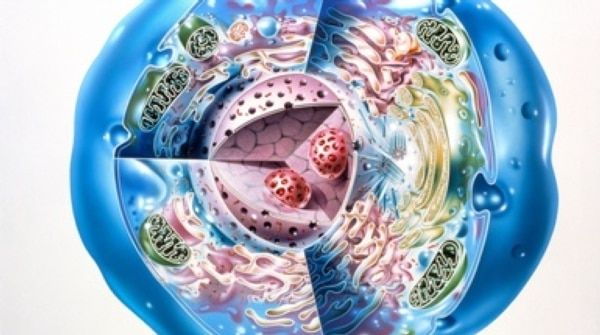
Diamond-based imaging system uses magnetic resonance of electrons to detect charged atoms.

IBM esta anunciando que estão desenvolvendo um sistema universal de “computação qu ntica”
O serviço será chamado IBM Q, e ele dará às pessoas acesso ao seu computador qu ntico de estágio inicial pela internet para usar como desejar — por uma taxa.
O grande elefante na sala é que, por enquanto, o computador qu ntico da IBM só funciona com cinco qubits, então não é muito mais rápido (se houver mais rápido) do que um computador convencional.
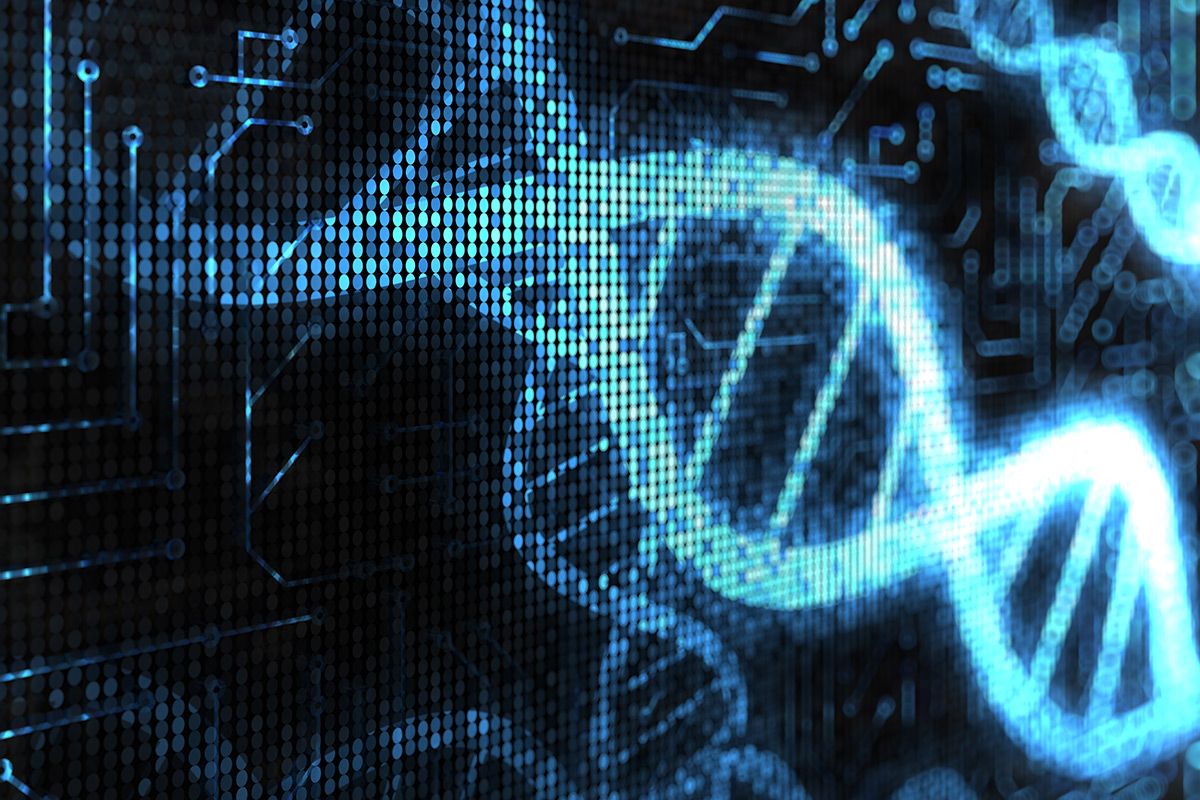
By Matt Reynolds
By making DNA endlessly change, researchers have shown how a biological computer might one day solve problems much faster than conventional computers or even quantum computers. It’s still a long way from being functional though.
The DNA-based system is an experiment in how it may be possible to make a theoretical type of computer known as a non-deterministic universal Turing machine.
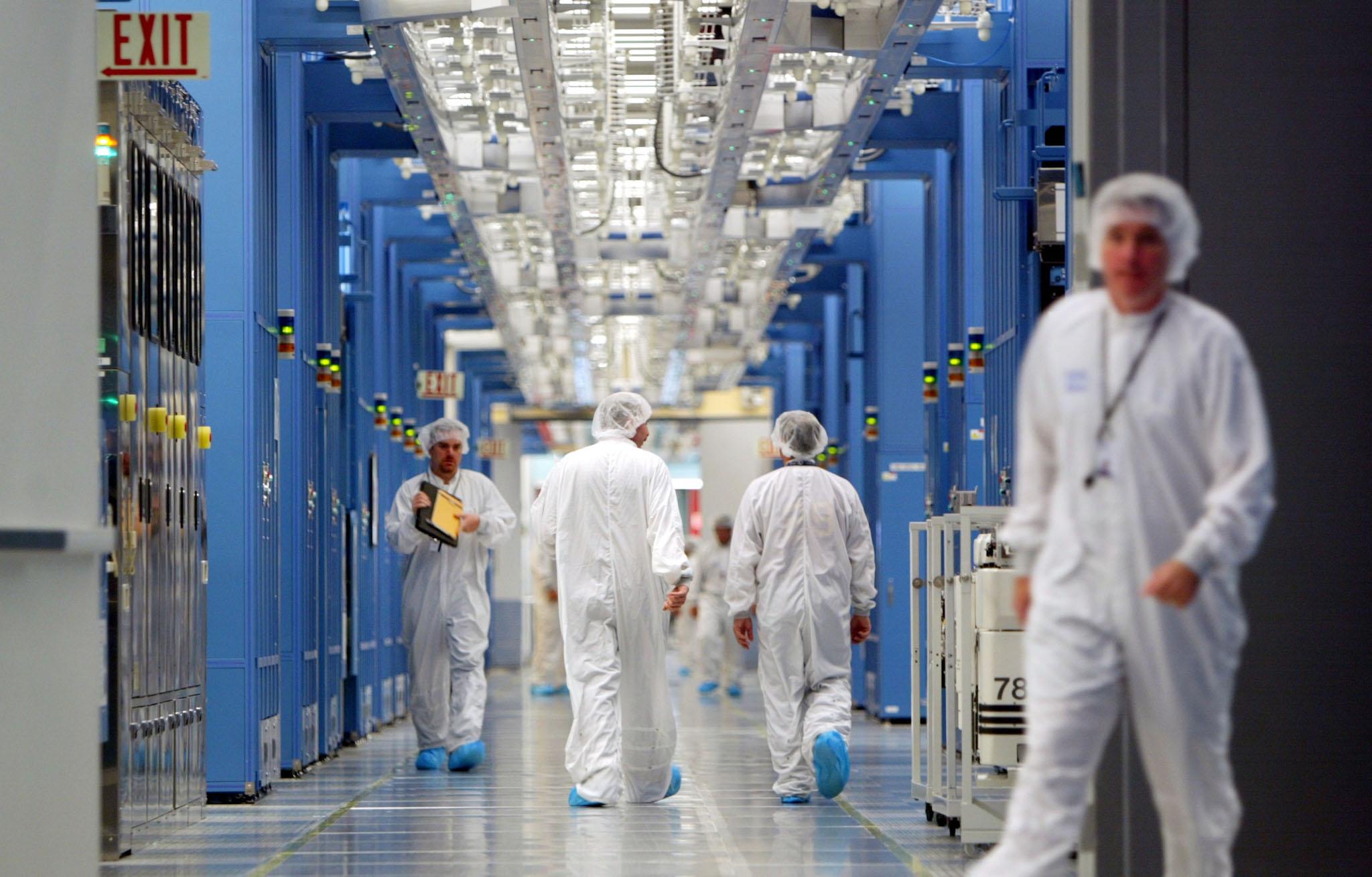
IBM has taken its first step towards selling computers that are millions of times faster than the one you’re reading this on.
The company has set up a new division, IBM Q, that is intended to make quantum computers and sell them commercially.
Until now, quantum computers have mostly been a much hyped but long away dream. But IBM believes they are close enough to reality to start work on getting software ready for when they become commercially available.
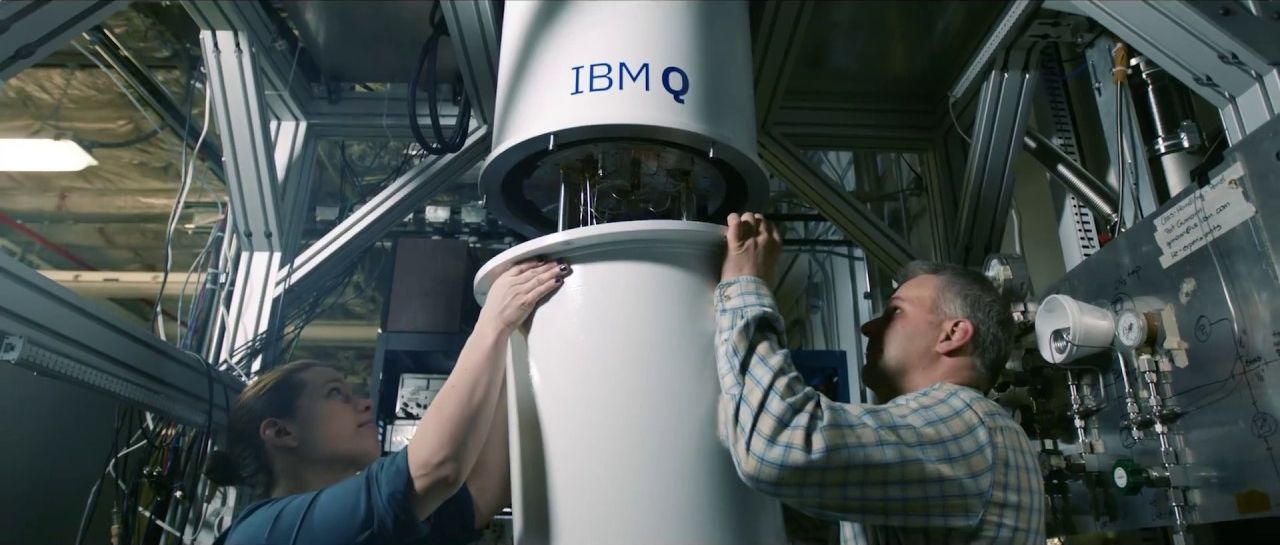
IBM Q is an industry-first initiative to build a commercially available universal quantum computers for business and science. While technologies like AI can find patterns buried in vast amounts of existing data, quantum computers will deliver solutions to important problems where patterns cannot be seen and the number of possibilities that you need to explore to get to the answer are too enormous ever to be processed by classical computers.
IBM Q quantum systems and services will be delivered via the IBM Cloud platform and will be designed to tackle problems that are too complex and exponential in nature for classical computing systems to handle. One of the first and most promising applications for quantum computing will be in the area of chemistry and could lead to the discovery of new medicines and materials. IBM aims at constructing commercial IBM Q systems with ~50 qubits in the next few years to demonstrate capabilities beyond today’s classical systems, and plans to collaborate with key industry partners to develop applications that exploit the quantum speedup of the systems.
IBM also announced: